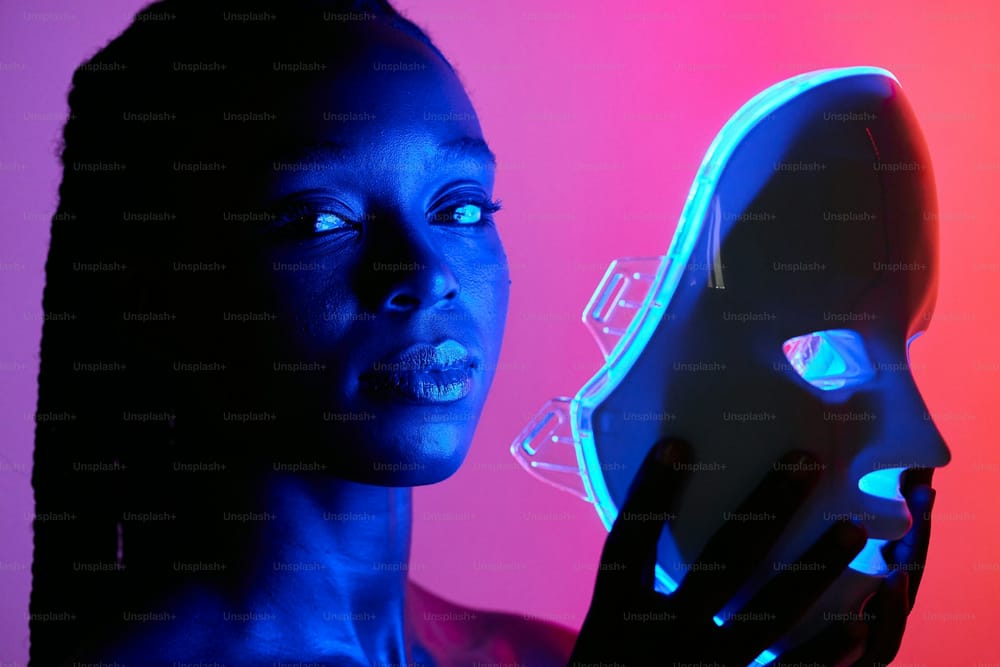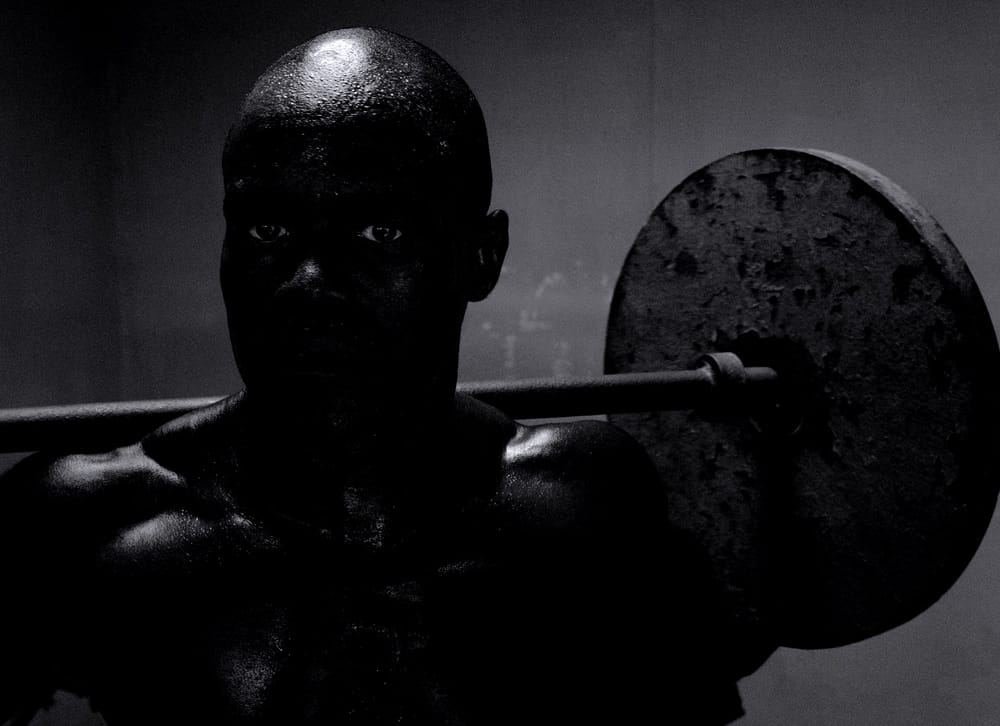There are teachers, and then there are writers masquerading as teachers. Yes, there are educators who genuinely love the art of instruction, bonding with their students, collaborating with the faculty and community, and wearing multiple hats to usher in the growth of others.
There are also teachers who teach, not for the love of it, but for the stability of it. And a subset of these quasi-teachers are writers, like me, who have taught—or currently teach—to afford their lifestyle. I don’t know their intimate reasons for choosing the education route instead of writing, but I know mine, and it begins with a truth: I never saw myself as a financially stable writer…because I’m a Black woman.
Growing up in an impoverished household in West Houston and later Southeast Houston, there was no talk of financially stable Black women who were also writers. It wasn’t a thing. There were teachers, and teachers were always in demand. Although I never had a desire to do it, my stepdad pushed the role on me. At his family get-togethers, he would smile, proudly rustling my kinky hair, and declare to anyone who would listen how Stephanie was smart. “My daughter, the teacher.” That was a cream of the crop job for an intelligent Black woman, to him. If any woman should have that occupation, it would be his daughter, because she loved reading. This was his experience and his world.
During slavery, it was illegal for a Black woman to read or write. There were outliers, such as Phyllis Wheatley, who was taught to read and write by the Wheatleys and encouraged to express her words and views. She was also the first Black woman to publish a book of poetry in America. Other enslaved Black women were not so lucky, risking punishment and death for learning to read. In that environment, there was no space to express themselves through the written word. Turea Michelle Huston examines the lengths Black women went to educate themselves and others in “By Any Means Necessary: A Brief Educational History of Black Women and Girls in the United States.”
The women would make time in the slave quarters, sometimes well into the night, to educate their loved ones. Hine and Thompson (1998) recounted the story of a slave named Milla Granson, who would teach her peers on the plantation from “11 pm to 2 am,” after a long day in the fields (p. 95). (Huston 3-4)
Once freed, Black women continued to teach as they’d done during slavery. Progressing into the professional field as a teacher was a natural promotion for a skill built over centuries of slavery.
Teaching was a skill I didn’t have. I wanted to read, analyze the words of others, and write my own. I love words, as cliché as that sounds. That love accelerated into the love of reading, something that only my mom appreciated when she was alive. She encouraged me, purchasing books she didn’t have the money for. She sacrificed because she saw something in me that other people, not even I, would see until later.
Tragedy doesn’t care about dreams. When I was thirteen, my mom died unexpectedly. Immediately, I was ripped away from my siblings and stepdad and forced into a new environment with my biological dad and his family. Unfortunately, I hadn’t met my dad or his family prior to my mom’s passing, and this worked against me. The family bonds had been formed, and I was a stranger to them. While they had sympathy for me, neither my dad nor his family had a desire to investigate or meet my needs. I desperately needed guidance, love, and support, but I didn’t receive it—a common phenomenon for Black girls:
Epstein et al. (2017) found that people viewed Black girls as less in need of nurture than other children and further discovered that people believed Black girls were “more independent” and in “less need of comfort” than other children (p. 2). In this view, Black girls are not looked upon as children and may be required to exhibit a level of maturity that does not allow them to have their emotional needs met. (Huston 8)
Life with my mom and brothers and sisters had been chaotic and scarce, but what my mom lacked in money and resources, she compensated for with love. I grieved for the absence of her and her love. Life wasn’t the same without her, and I couldn't find the same wonder in writing I had when she was alive. Naturally, writing fell off my list of priorities.
It wasn’t until my senior year in high school that I began to consider a career in writing. By that time, I was behind. I hadn’t received the best education. I wasn’t confident in my writing skills, and I’d grown up in an environment that favored hustling. If there were opportunities for me to polish my writing skills, I wasn’t privy to them. It wasn’t from a lack of trying.
My dad was the victim of an undiagnosed mental disorder, and he often did malicious things that didn’t make sense. At fourteen, I begged him to find a way to zone me to a high school I’d heard great things about. I knew I’d get the help I needed there. He said no. Sadly, his position as my only living parent created devastating effects for me then and long after I turned 18.
He was the reason I majored in pre-med chemistry. I wish I had followed my first mind instead of asking everyone else for their opinion. I wanted a gap year to figure it out, but my grandma—who I was living with at the time—told me I had to find a job or go to school. I was in a tough spot, and I felt blocked. And my dad strongly expressed his desire for me to be a doctor or a lawyer. I felt pressured to perform, and I caved.
I didn’t become a doctor. I dual majored in English, tucked my degrees under my arm, and went straight into the graduate English program at my alma mater, where I earned an MA in English. But I wasn’t confident in my writing skills. At this point, I’d read about Black women who had completely crushed it in African American literature: Zora Neale Hurston, Toni Morrison, Ann (Anna) Petry, Bebe Moore Campbell, etc., but I’d also read a ton of literature by white American men and white British men. My education was completely saturated by white literature. What if my years of education had diluted my writing? In Elisabeth Petry’s At Home Inside: A Daughter’s Tribute to Ann Petry, her mother expressed a similar thought:
One legacy of her specialized training was my mother’s belief that novelists should avoid a liberal arts college education. I remember being shocked when I heard her explanation at Ann Petry Day at Trinity College in 1992. During a break, she sat down with Gloria Naylor, the keynote speaker. Naylor expressed some regret at the delay in finishing her undergraduate degree. Mother said, “You shouldn’t worry about that.” She went on to explain that she thought the conformity involved in most education beyond high school stifled the imagination and the writer’s creativity. Better, Mother said, to learn on your own. (Petry 52)
Had my creativity been stomped out of me and replaced with Ralph Waldo Emerson, Henry David Thoreau, Charles Dickens, William Faulkner, and Samuel Taylor Coleridge?
Because I was enrolled in an MA program instead of an MFA (my alma mater didn’t have an MFA program), the focus was on analyzing literature and formulating a theoretical approach to the texts we encountered. The opportunities my professors spoke of were aligned with the MA program: technical writers and professors. Naturally, I became an adjunct professor at my alma mater when I graduated. A teacher, just as my stepdad had proclaimed I would become when I was twelve.
But the lows of life aren’t kind. Two years into my career, COVID hit. The adjuncts were the first to go, and that included me. Within a year, I had another job as an ELA teacher. This income was sustainable. I enjoyed reading the stories, analyzing, and preparing for the lessons, but I hated teaching, reaching out to students, and meeting with parents. I didn’t have time or mental space to write. For the first time in life, I developed banded headaches. I was stressed. On and off, I experienced the banded headaches in the positions that came after.
Whether it was luck or a test, 4 years after I’d lost my adjunct position, I received an offer to come back to my alma mater full-time as a visiting professor. I was excited. I really thought I could teach this time. I could learn how to be a great teacher. I could work harder. But the odds were against me, yet again. I was a last-minute hire, so it took a while to integrate me into the system, and I didn’t have access to my own blackboard or email until two months into the semester. On top of that, I didn’t have the proper time to go over my material before diving back into teaching. In contrast, my co-workers seemed to be doing well with the same issues.
They were vibrant, eager to bum rush any obstacle that came their way. They were balanced, in love with teaching, and with their personal lives. That wasn’t me. I didn’t have the same passion—or any at all. I also didn’t have the energy to write consistently while also teaching. If I wanted to write without any distractions, I had to wait until the holiday and summer breaks. In addition to the technology issues, I had other woes. The opposition was relentless, and after some time, I decided to stop resisting the signs and synchronicities. Teaching wasn’t for me. I left, risking my financial security, but opening myself up to another pathway.
So, what now? I now knew that teaching wasn’t for me, but my mind was conditioned to believe I’d need a primary job aside from writing. After all, Reddit was littered with advice for writers not to quit their day jobs. Statistics in the publishing industry also favored white authors, as Michelle D. Jackson points out in her 2024 Medium article “Black Writers Continue to Face Challenges in the Publishing Industry,” noting that “81% of authors published in 2022 identified as white” (Jackson) while “5-7% of published authors are Black” (Jackson). In addition, “5% of publishing houses are owned by women, and an even smaller percentage are Black- or Hispanic-owned” (Jackson).
But I don’t have to base my decision on these numbers or the thoughts of others. It’s time to listen to myself and follow my heart, because there’s a strong possibility I will make it as a writer. Books, short stories, articles, freelance writing, travel writing, copywriting, and so much more. I’m not limited to just one. I can be a successful and financially stable writer. Octavia Butler is a great example.
Octavia Butler was the first Black woman to achieve financial success as a science fiction writer. It wasn’t dumb luck, so much as it was hard work and belief in herself. In her 1991 interview with Kenan Randall, she stated that she pursued writing because “It was what I wanted to do, and I followed what I wanted to do, as opposed to getting a job doing something that would make more money, but it would make me miserable” (Kenan 504). I’d had this thought a few times, of completely throwing myself into writing and forsaking all else, but I’d allowed my lack of skill and confidence to dissuade me. Now, I have an example of a Black woman who made it happen.
She did it, and so will I.




